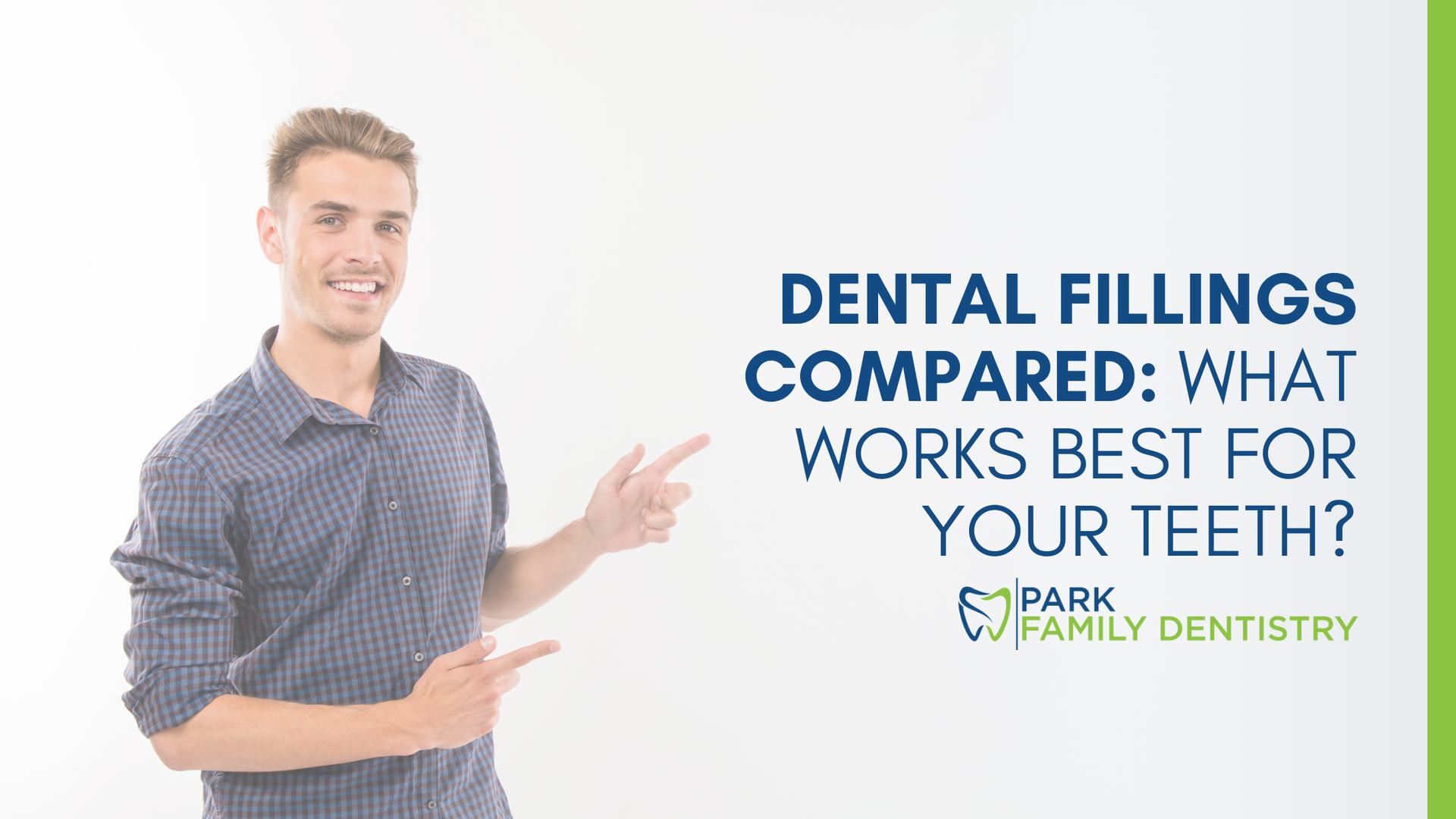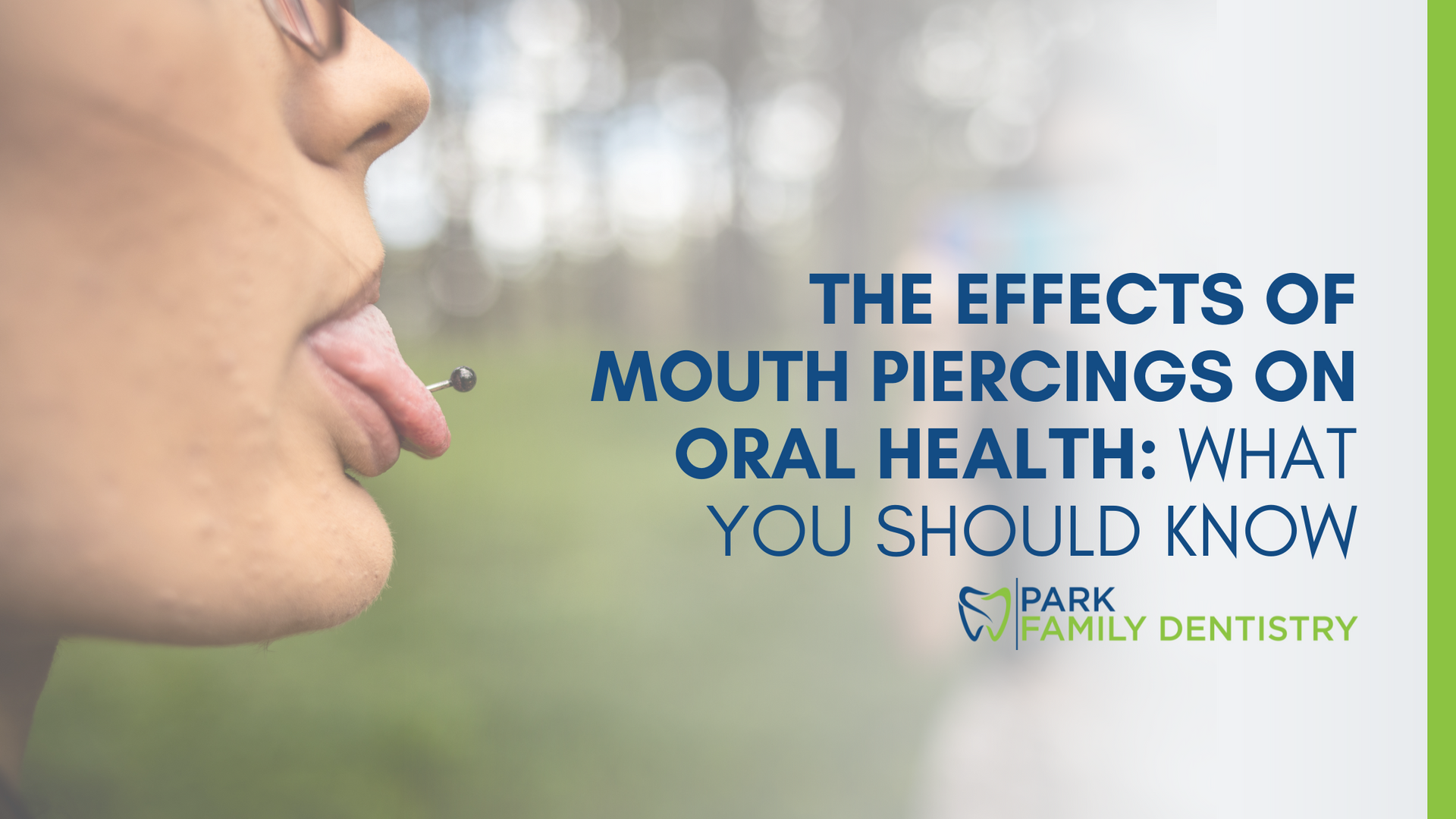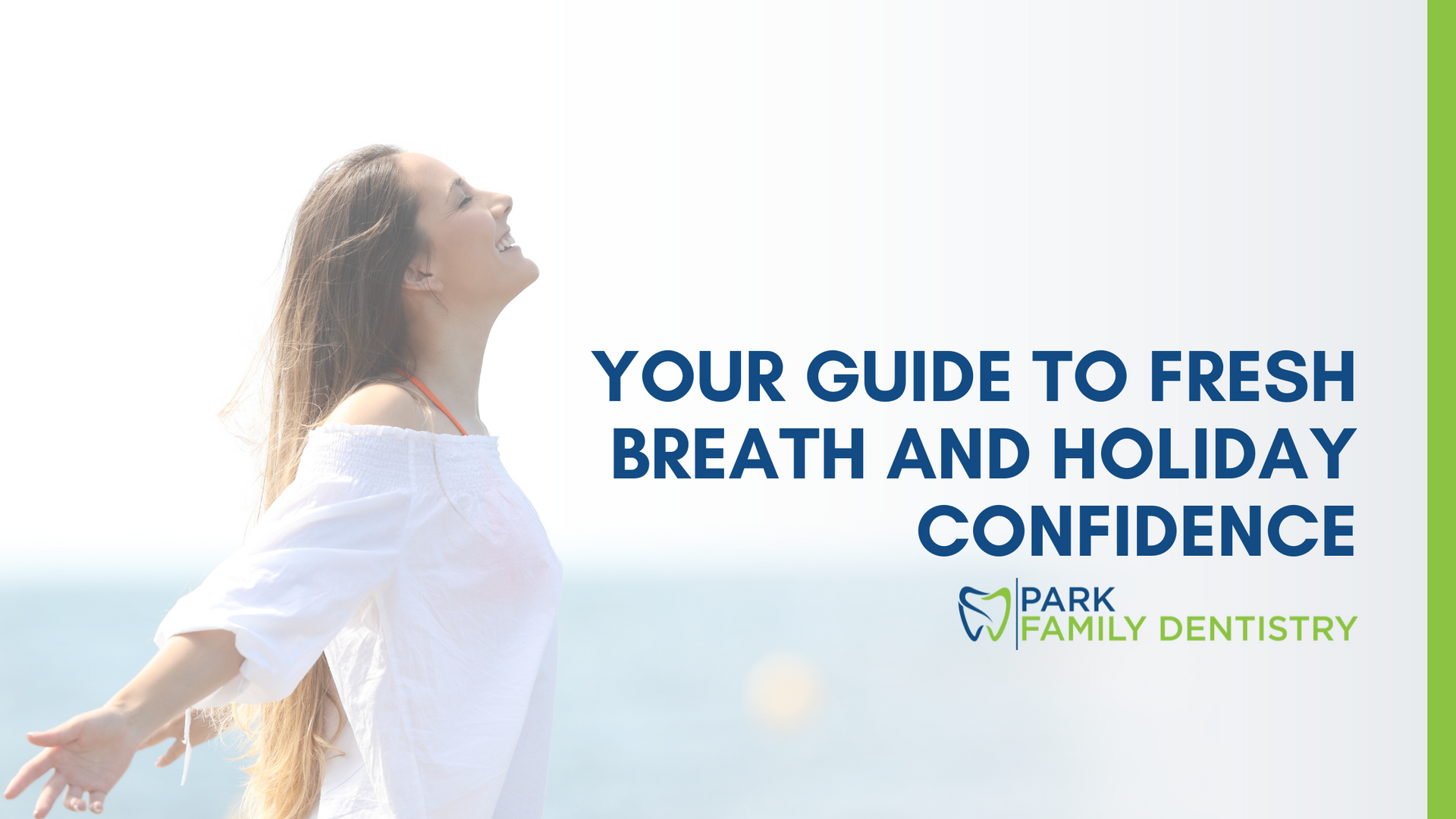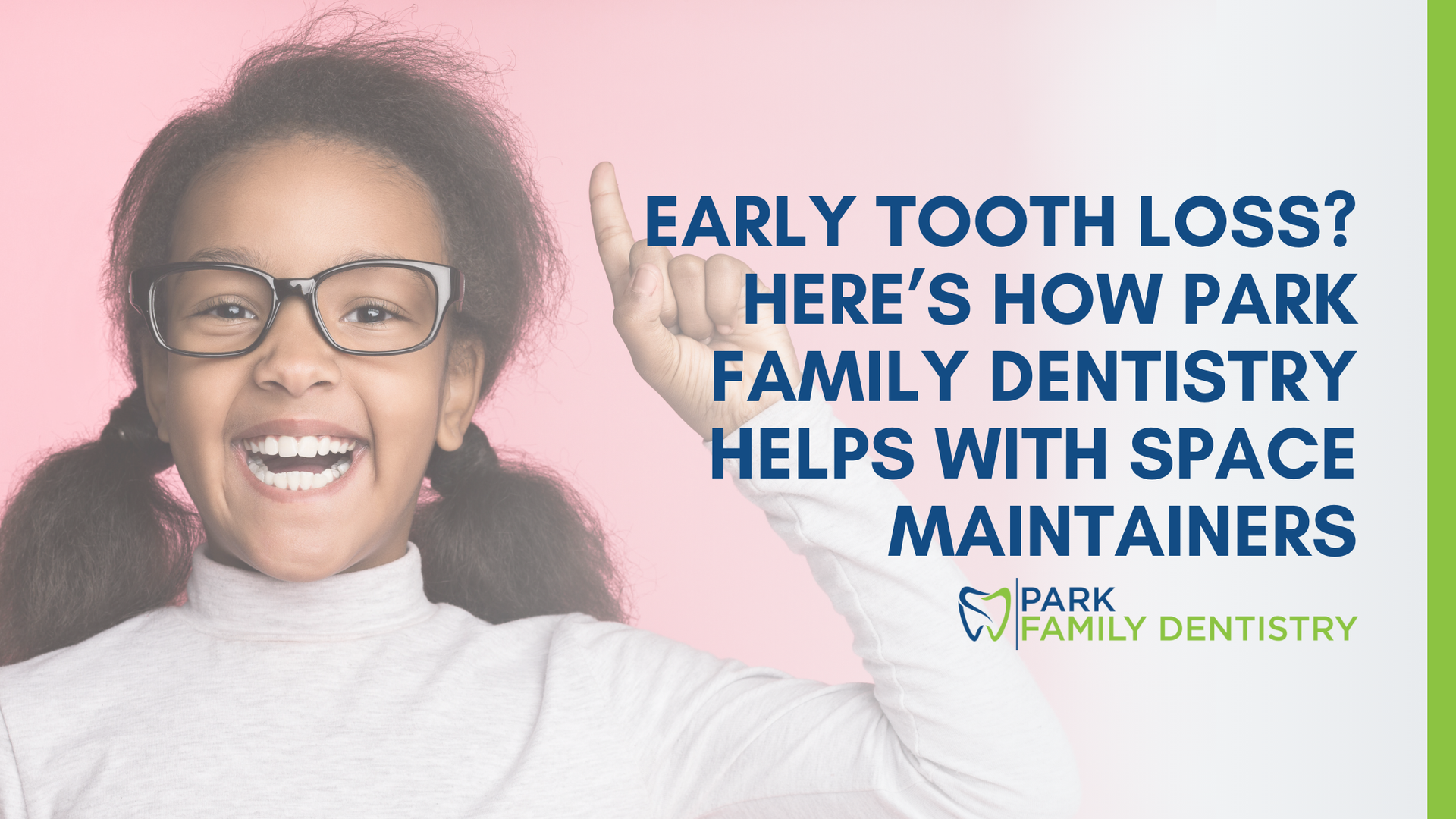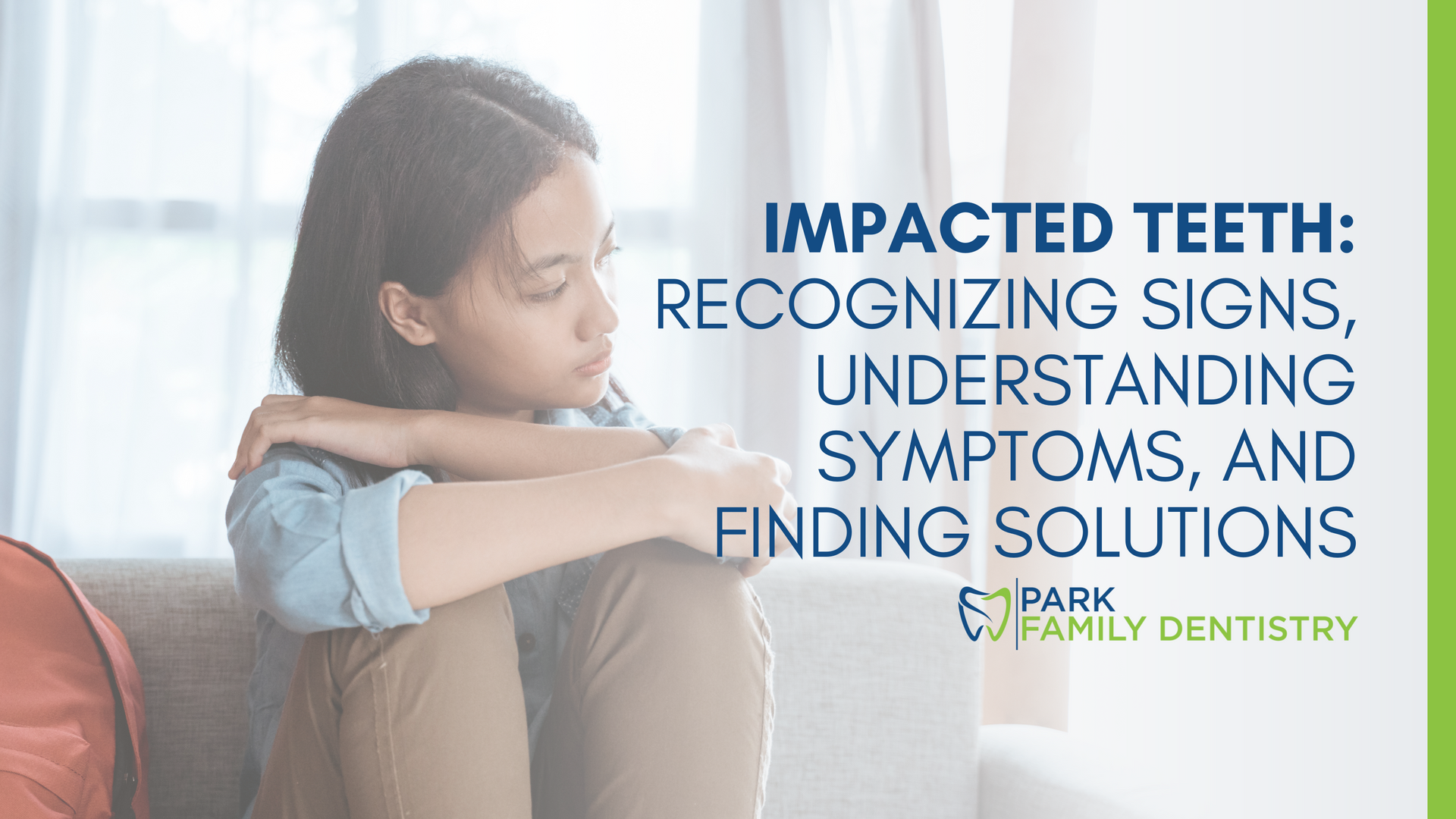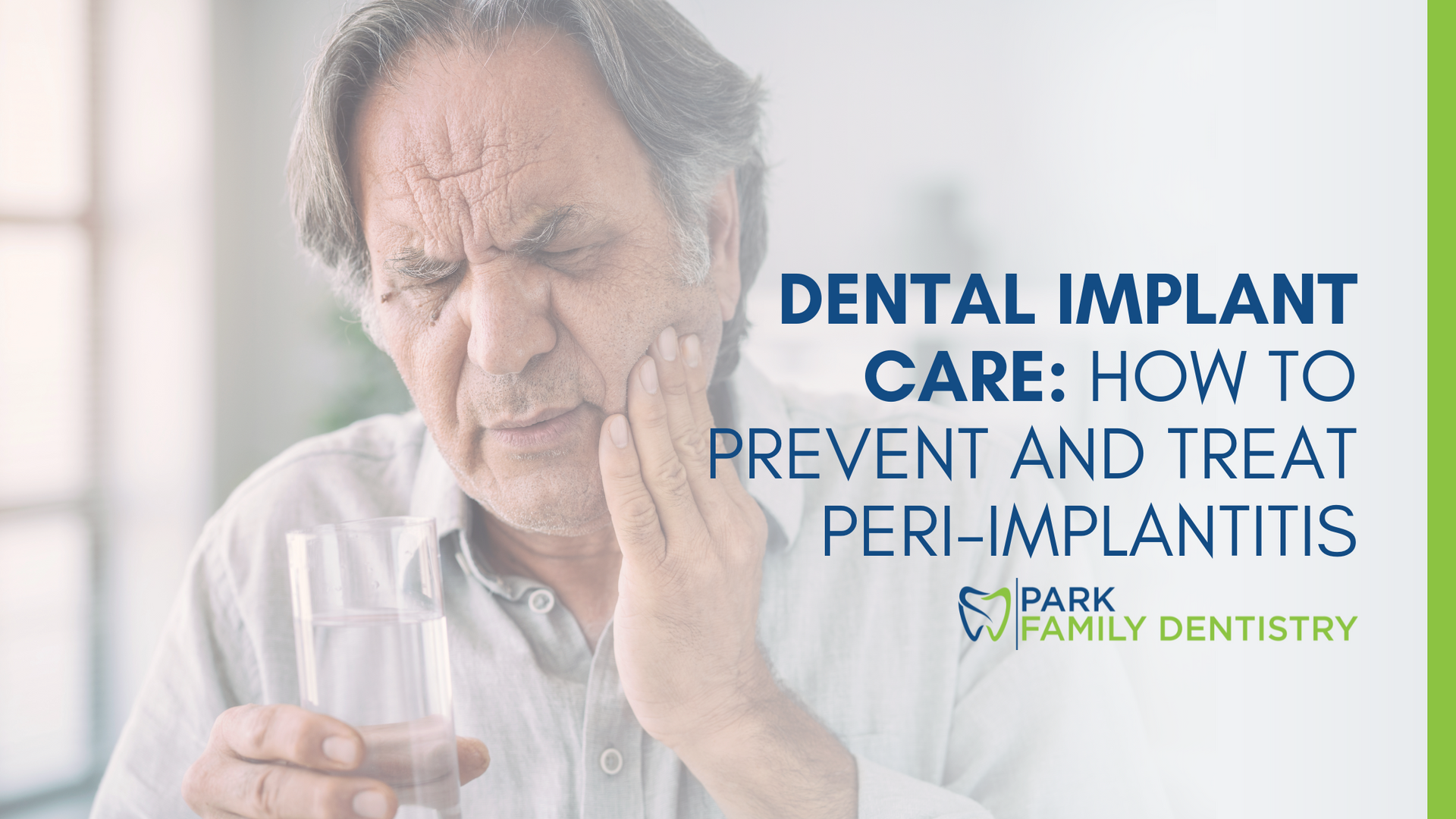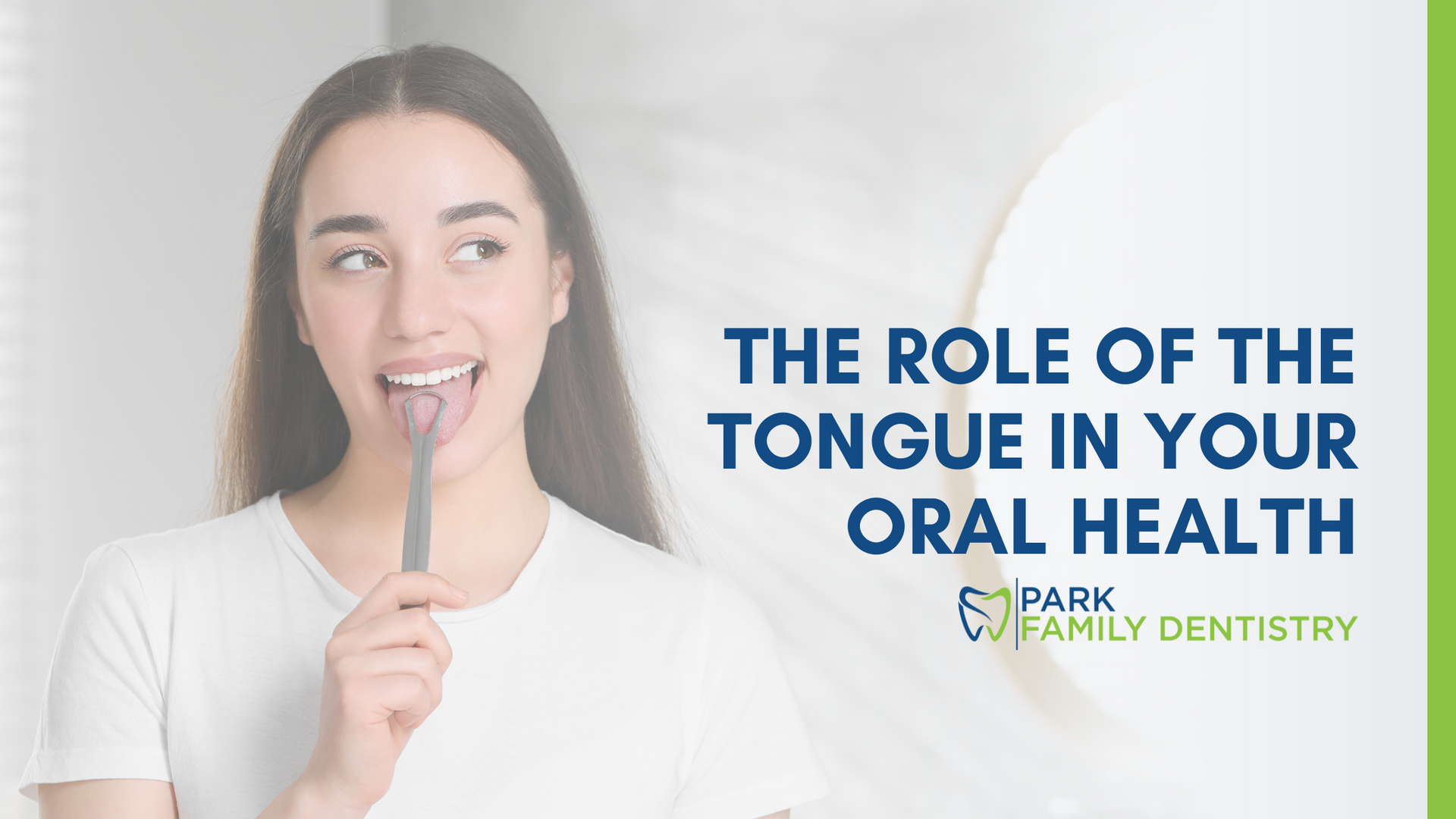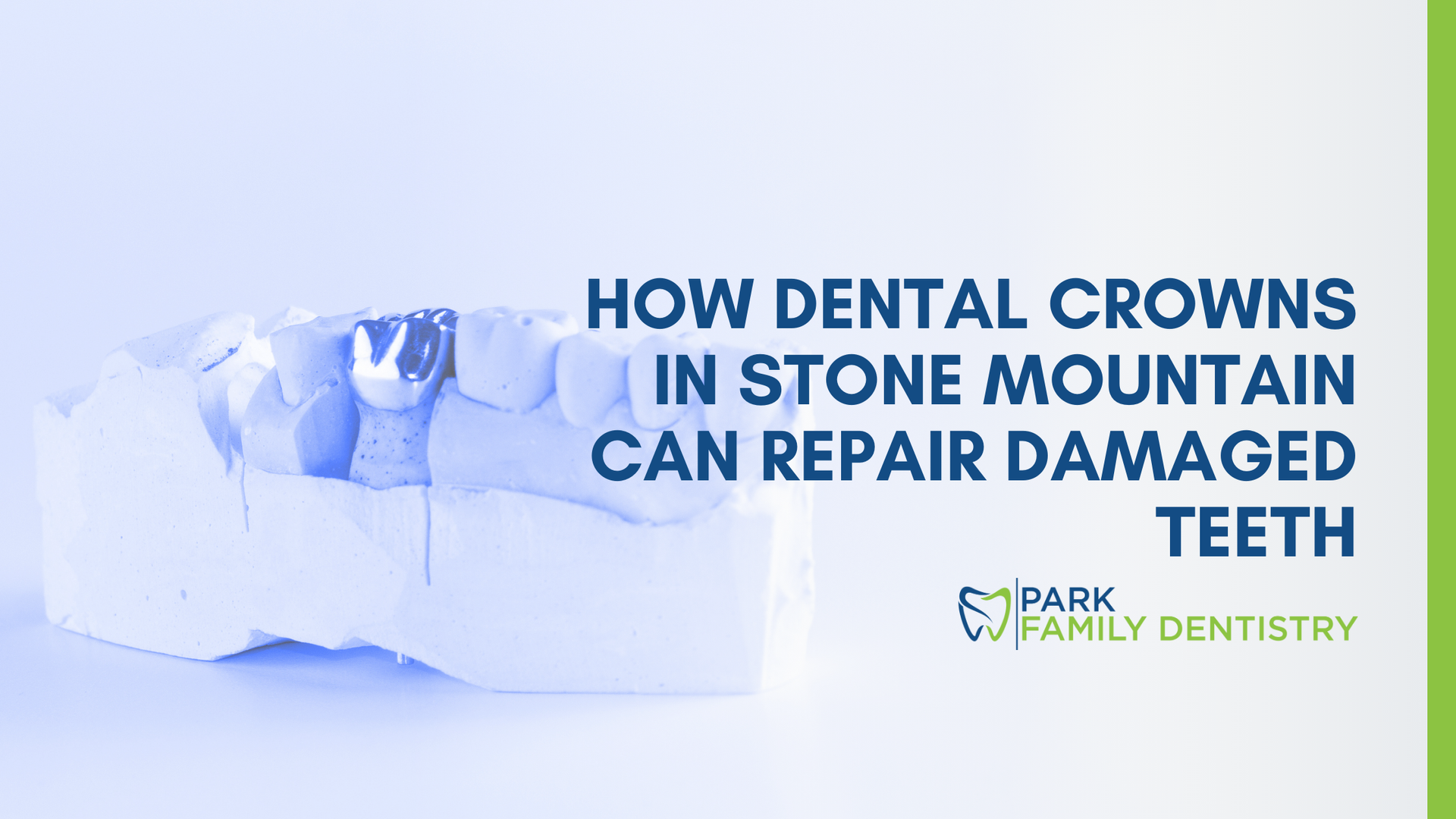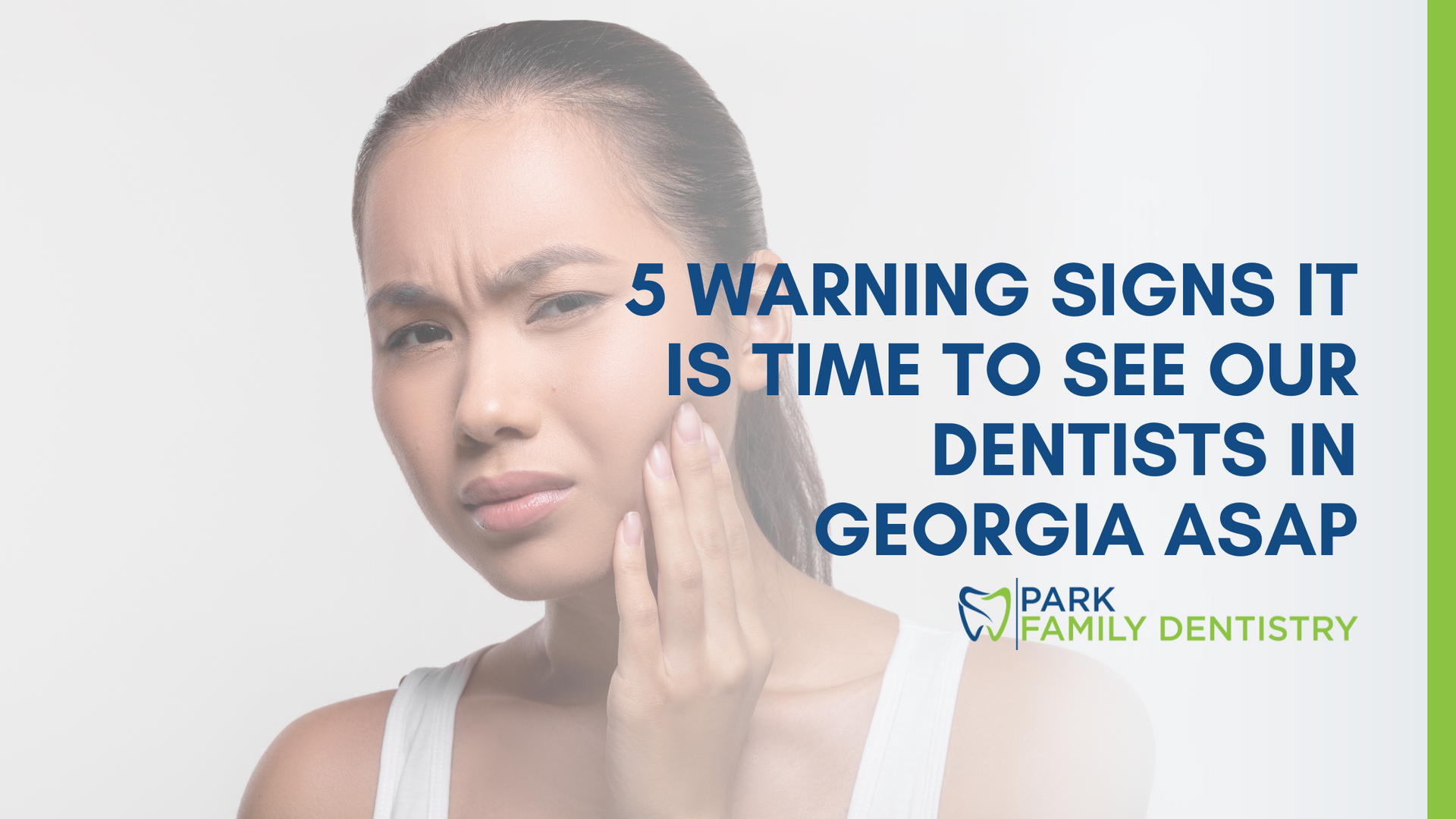Shield Your Smile: Lip Protection for Oral Cancer Awareness Month

Source: Dr. Marketing
Oral cancer is a serious health concern that affects thousands of individuals every year. While many people associate oral cancer with factors like tobacco use or excessive alcohol consumption, fewer realize that prolonged sun exposure can also significantly increase the risk of developing lip cancer—a specific type of oral cancer. The delicate skin on the lips is highly susceptible to UV radiation, making sun protection a crucial part of maintaining not only your skin's health but also your oral health.
At Park Family Dentistry in Stone Mountain, we are dedicated to educating our community about the risks of oral cancer, including the impact of sun exposure. In this blog, we will explore how UV radiation affects the lips, share practical sun safety tips, and highlight other common risk factors for oral cancer, such as smoking, human papillomavirus (HPV), and genetic predispositions. We will also discuss the importance of regular oral cancer screenings and why open communication with your dentist is essential in maintaining your overall health.
Understanding Oral Cancer: What Is It?

Oral cancer refers to cancer that develops in any part of the mouth or throat, including the lips, tongue, cheeks, gums, the floor of the mouth, the hard and soft palate, and the oropharynx (the back of the throat). It typically begins as a painless sore or lesion that does not heal, but as it progresses, it can lead to more severe symptoms and complications.
Common Symptoms of Oral Cancer
While oral cancer can initially present without noticeable symptoms, it is important to recognize the potential warning signs, including:
- Persistent sores or ulcers in the mouth that do not heal within two weeks.
- Red or white patches on the gums, tongue, or lining of the mouth.
- Swelling, lumps, or rough spots in the mouth or throat.
- Difficulty chewing, swallowing, or moving the jaw or tongue.
- Unexplained numbness, pain, or tenderness in the mouth or lips.
- Chronic hoarseness, sore throat, or the feeling of something caught in the throat.
- Changes in how teeth fit together when closing the mouth.
If you experience any of these symptoms, it is important to seek a professional evaluation from your dentist or healthcare provider.
How Sun Exposure Increases the Risk of Lip Cancer

When we think of sun damage, we often imagine sunburns, premature skin aging, or skin cancer on exposed areas like the face, arms, or back. However, the lips are equally vulnerable to the sun's harmful ultraviolet (UV) rays. The skin on the lips is thinner and lacks melanin, the natural pigment that provides some protection against UV damage. As a result, the lips are at a higher risk of developing actinic cheilitis—a precancerous condition—and, eventually, lip cancer.
The Science Behind UV Radiation and Lip Cancer
There are two main types of UV radiation that affect the skin: UVA and UVB rays. UVA rays penetrate the skin deeply, contributing to premature aging and wrinkles, while UVB rays primarily cause sunburns and damage to the superficial layers of the skin. Both types of rays can damage the DNA in skin cells, leading to mutations that may result in cancer.
When it comes to the lips, this damage can manifest as:
- Actinic Cheilitis: A precancerous condition that causes the lips to become dry, scaly, and discolored, often appearing as rough patches.
- Squamous Cell Carcinoma (SCC): The most common type of lip cancer, often developing on the lower lip due to its increased sun exposure.
Sun Safety Tips to Protect Your Lips

Protecting your lips from UV radiation is a simple yet effective way to reduce the risk of lip cancer. Here are practical sun safety tips to keep your lips healthy and protected:
Use Lip Balm with SPF
One of the easiest ways to protect your lips from sun damage is by using a lip balm that contains a broad-spectrum SPF of 30 or higher. Look for products with ingredients like zinc oxide or titanium dioxide, which physically block harmful rays. Reapply every two hours, especially after eating, drinking, or swimming.
Wear a Wide-Brimmed Hat
A hat with a brim that shades your face and lips can significantly reduce UV exposure. This is particularly important during peak sun hours between 10 a.m. and 4 p.m. when the sun's rays are strongest.
Avoid Tanning Beds
Tanning beds emit concentrated UV radiation that can damage not only the skin but also the lips. Avoid using them altogether to reduce your risk of skin and lip cancers.
Stay Hydrated
Keeping your lips hydrated can prevent them from becoming dry and cracked, which can make them more susceptible to UV damage. Drink plenty of water and use moisturizing lip products regularly.
Limit Direct Sun Exposure
Whenever possible, seek shade or create your own by using an umbrella or canopy. Reducing direct exposure to sunlight can help protect your lips and reduce your overall risk of UV-related damage.
Other Causes of Oral Cancer? Unveiling the Risk Factors

While anyone can develop oral cancer, certain lifestyle choices, behaviors, and health conditions can increase the likelihood of a diagnosis. By understanding these risks, you can take proactive steps to reduce your chances of developing the disease.
Tobacco Use: The Leading Culprit
There is no way to sugarcoat it—tobacco use is the primary cause of oral cancer. Cigarettes, cigars, pipes, and smokeless tobacco products like chewing tobacco all contain harmful carcinogens that damage the cells in the mouth and throat. The risk is not just limited to smokers; even exposure to secondhand smoke can increase the likelihood of developing oral cancer.
Excessive Alcohol Consumption: A Risk Multiplier
While moderate alcohol consumption may not be a significant concern, heavy drinking is a well-established risk factor for oral cancer. Alcohol can irritate the lining of the mouth, making tissues more susceptible to damage from carcinogens, particularly when combined with tobacco use. Individuals who drink and smoke simultaneously face a much higher risk, as the effects of both substances amplify each other.
Human Papillomavirus (HPV): An Underestimated Threat
HPV is a common virus that affects millions of people, often without causing symptoms. However, certain strains of HPV, particularly HPV-16, are linked to oropharyngeal cancers. Unlike cancers caused by smoking or alcohol, HPV-related oral cancers often occur at the back of the throat, including the base of the tongue and tonsils, making them more challenging to detect early.
Poor Oral Hygiene and Chronic Irritation
Oral hygiene is about more than fresh breath and a white smile—it plays a critical role in cancer prevention. Chronic irritation from poorly fitting dentures, rough teeth, or dental appliances can lead to sores and inflammation, which over time may increase cancer risk. Additionally, gum disease and untreated infections can create an environment where abnormal cell changes occur.
Genetic Factors: When Family History Matters
A family history of cancer, including oral cancer, can increase your risk. While genetics alone do not determine your fate, they highlight the importance of regular monitoring and a proactive approach to oral health.
The Importance of Regular Oral Cancer Screenings

Early detection of oral cancer significantly improves the chances of successful treatment and recovery. During an oral cancer screening, your dentist will examine your mouth, lips, tongue, and throat for signs of abnormal growths, sores, or discolored patches. Screenings are quick, non-invasive, and can be lifesaving.
How We Can Help Protect Your Oral Health
At Park Family Dentistry in Stone Mountain, we prioritize your overall health by offering comprehensive oral cancer screenings as part of our routine dental checkups. Our team provides:
- Thorough Examinations: We use advanced diagnostic tools to identify early signs of oral cancer.
- Patient Education: We guide sun safety, tobacco cessation, and maintaining a healthy lifestyle to reduce your risk.
- Compassionate Care: Our practice offers a judgment-free environment where you can discuss your health concerns openly.
Our goal is to support your oral health through preventive care, early detection, and personalized treatment options if needed.
Protect Your Lips, Protect Your Health

Understanding the link between sun exposure and lip cancer is crucial for maintaining both your oral and overall health. By adopting sun safety practices, avoiding known risk factors, and maintaining regular dental visits, you can reduce your risk of oral cancer significantly.
At Park Family Dentistry in Stone Mountain, we encourage our patients to prioritize preventive care and never hesitate to share concerns about changes in their oral health. Contact us today to schedule your next appointment and take an important step toward a healthier, safer smile.
